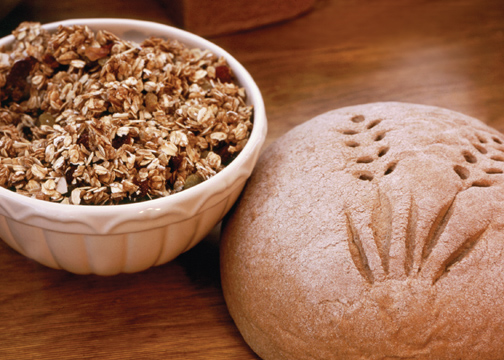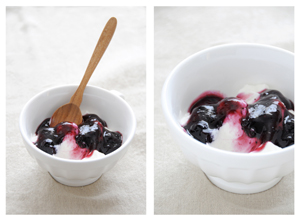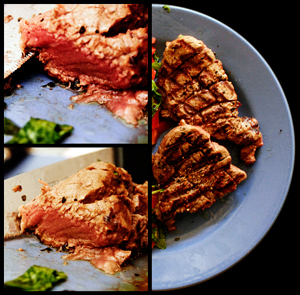This week I’m expanding on my last post about the basics of how to eat for improved athletic performance.
Vitamins and minerals play a very important role for everyday life and the importance of proper intake increases for athletes as they strain their bodies requiring muscle use, repair and growth; signaling their bodies to build bone; stressing their immune system; increasing a demand for oxygen; and overall requesting more of the body’s systems.
Although vitamins and minerals do not provide energy themselves, they do facilitate energy yielding chemical reactions in your body. They act as coenzymes – or little activators - in your body to speed up and enable processes within the body related to not only energy production, but also immune function, bone health, tissue repair, collagen growth, muscle control and hemoglobin (what carries oxygen in your blood) synthesis. If they are absent from your diet, deficiency can develop and they no longer are available to act as coenzymes that jumpstart reactions and, as a result, processes do not work properly.
Minerals specifically make possible the transfer of nerve impulses, maintain water balance, work as coenzymes, and are also constituents of important body compounds including your bones and teeth.
A well rounded diet full of a variety of whole foods including fruits, vegetables, legumes, whole grains, low fat dairy and lean protein should provide you with sufficient amounts of vitamins and some minerals.

While plants are a great source for a handful of vitamins and minerals, some are actually much better absorbed when they come from animal sources; especially, calcium, zinc, iron, vitamin D, riboflavin, and vitamin B 12. It is for this reason that vegetarian athletes need to keep an extra close eye on micronutrient intake.
Calcium and vitamin D also require close attention in order to prevent low bone density and associated fractures from workouts. Those with dairy allergies or sensitivities, low dairy intake, calorie restricted diets and those who do their training out of the sun may benefit from Calcium and vitamin D fortified foods and supplementation respectively.

Iron is also a specific nutrient to highlight for athletes, especially for endurance sports performance as these activities promote iron depletion. Iron is necessary for muscle function, immune function, and the transportation of oxygen in the blood. Iron deficiency can lead to anemia, lethargy, decreased muscle function and have a negative effect on overall athletic performance. To prevent deficiency, consume iron rich foods regularly including red meats, enriched grains, fortified cereals, or foods cooked in an iron skillet. Animal sources are the best sources and vitamin C intake aids in the absorption of iron.

Overall, stick to a well rounded, real food diet that doesn’t cut out any specific foods and you’ll properly nourish your body with all the essential micronutrients it needs to not only keep you healthy but also able to perform at your best. If you are dieting, a vegetarian, a vegan or have other certain dietary constraints, supplementation with a multivitamin may be necessary. Consult your physician or dietitian for specific advice.
I'd love to hear how your training is going or answer any questions in the comments below.
Yogurt photo credit: Creature Comforts via photopincc



